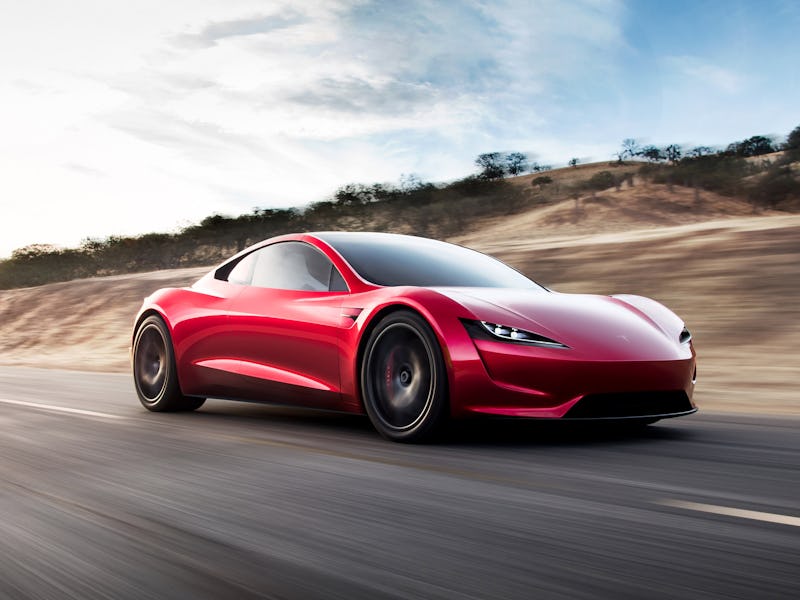Tesla could beat gasoline cars on price with million-mile battery
The company's super-secret project could bring electric cars even further into the mainstream.

Tesla's mysterious battery project may be about to deliver a killer blow to the gas-powered vehicle.
On Thursday, Reuters reported that the firm is working on a battery that offers high production speed, high energy density, long total lifespans, low cobalt usage, and low costs. The publication claims that the project, under joint development with China-based Contemporary Amperex Technology Limited (also known as CATL), will enable Tesla to sell electric cars at the same price or lower than gas-powered vehicles while still making a profit.
The firm's initial plan is to start shipping the batteries in vehicles in China, before rolling out to other markets like North America. But from there, the firm plans to shift to use that same battery technology to reposition itself as a more general power company – one that helps transition the world onto clean energy by helping sources like wind and solar provide 24-hour electricity.
The new battery would make a break from Tesla's current arrangements. It currently produces nickel-cobalt-aluminum batteries with Panasonic for its Giga Nevada facility, while also purchasing nickel-manganese-cobalt batteries from LG Chem for its China operations. It was reported in February that Tesla was planning to start purchasing CATL's cobalt-free batteries, which use lithium iron phosphate.
The report claims that CATL's packs have reached below $80 per kilowatt-hour at the pack level. That would represent a fast reduction in battery prices: Tesla stated in early 2016 that its batteries cost under $190 per kilowatt-hour, and its goal was to reach $100 by 2020.
This could lead to much cheaper electric vehicles. The $100 mark is a figure that Tom Raftery, a global vice present for SAP, described in 2018 as "widely agreed to be the figure where EVs and ICE vehicles will have a comparable upfront purchase price." In August 2018, Musk claimed the firm could offer a car starting at $25,000 in four years' time.
A Tesla Model 3.
A cheaper battery would be a big win for Tesla, which has pushed to bring electric vehicles further into the mainstream. The company's first vehicle was the 2008 Roadster, a supercar with a high price tag that demonstrated the viability of electric cars. The 2017 launch of the Model 3, with a heavily-advertised starting price of $35,000, helped reach more price-conscious consumers. Tesla is estimated to have delivered nearly one million cars in its history – an impressive figure, but General Motors sold nearly eight million cars last year alone.
The battery could also leverage research into building a million-mile battery. Jeff Dahn, who has been working with the company since around 2012, has been exploring a new type of battery that can run for one million miles over its lifespan. Dahn published a research paper in September 2019 in the Journal of the Electrochemical Society outlining the idea. By comparison, Tesla promises 70 percent battery retention over eight years or 120,000 miles with the Tesla Model 3.
The advancement could also help Musk achieve his goals of "terawatt-hour" annual production. Musk claimed in July 2019 that such levels of production would be required "in order to really make a fundamental shift in the world’s energy usage and really transform things to a sustainable energy future."
The Inverse analysis – Tesla has been working on something big in the battery department, and it seems increasingly likely that this is a transformative change that could help the company move in more directions. The firm has already started using its batteries for grid storage, like in the South Australia project completed in 2017, but a cheap and long-lasting battery could make it a more desirable prospect than ever before.
That, coupled with even cheaper electric vehicles, could mean Tesla's planned Battery Day event this year could indeed be one of the most important in its history.